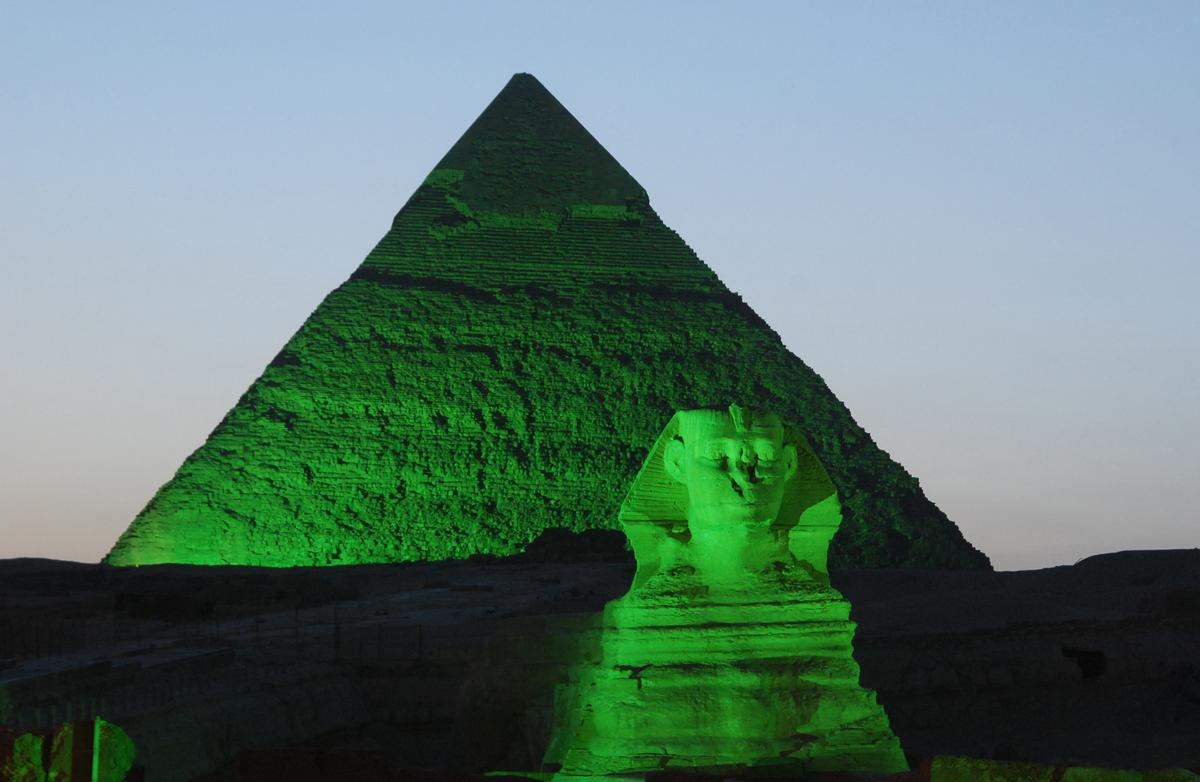
Visactu
Examples? The pyramids of Egypt were built, for 19% of respondents, by extraterrestrials. You can abort without risk with a simple herbal tea (25%). The big step for humanity that Neil Armstrong took in the summer of 1969 is a big joke: Americans have never been to the Moon (20%). They are also 27% to send Darwin and the theory of evolution upside down to claim that God created man, and 16% to send Galileo and Copernicus back to limbo to believe that after all, the Earth is perhaps flat.
Perhaps, you will say, has this ill-informed youth neglected their science lessons? Shunned, even, one might say. Because, and this is the most worrying thing about this survey, science has lost credibility among young people. In fifty years, the proportion of those who believe that it brings more good than harm has fallen by no less than 22%! They are a minority today, barely a third of the sample, to think so. The Jean-Jaurès Foundation does not hesitate to speak of “secession of part of the youth from the scientific consensus”.
Astrology classified in the sciences
It must be said that in the sciences, nearly half of respondents (49%) classify astrology (+5% compared to 1999). Moreover, 61% of them believe in at least one discipline of mancie or divinatory arts: in the lead, the predictions of seers (38%) slightly ahead of witchcraft (36%), numerology (34%) and the lines of the hand (33%). Cartomancy comes last with 27%
Almost half of young people believe in spirits and the evil eye
This openness to the irrational also affects occult manifestations. 59% of young people questioned believe in at least one phenomenon, but if witches or marabouts remain marginal (only 13% believe in them), spirits and the evil eye are a great success (48% and 44%). In less than twenty years, belief in spirits has gained eight points among young people. In the same period of time, the idea of reincarnation gained 15, to convince 35% of the sample.
TikTok: popularity is worth credibility
But where are these young people going to find the information that leads them to give credence to all this? This is one of the challenges of the study: The Jean-Jaurès Foundation and the Reboot Foundation wanted to order this survey from Ifop “to measure their porosity to scientific untruths and this with regard to their use of networks social”, in a context of health crisis which has seen the emergence of many conspiracy theories. The rate of support for the lies of Donald Trump and what the Jean-Jaurès Foundation calls “vaccinophobia” is also significant.
The study establishes that to get information, young people mainly trust social networks for sharing photos and videos. They are 69% to consult them once a month against 11% for the websites of the written press, 15% for the continuous news channels or 23% for the high masses of 1 p.m. and 8 p.m.
We want to thank the writer of this article for this awesome content
Increasingly seduced by the occult and fake news, many young people are wary of science
Explore our social media accounts as well as other related pageshttps://nimblespirit.com/related-pages/

